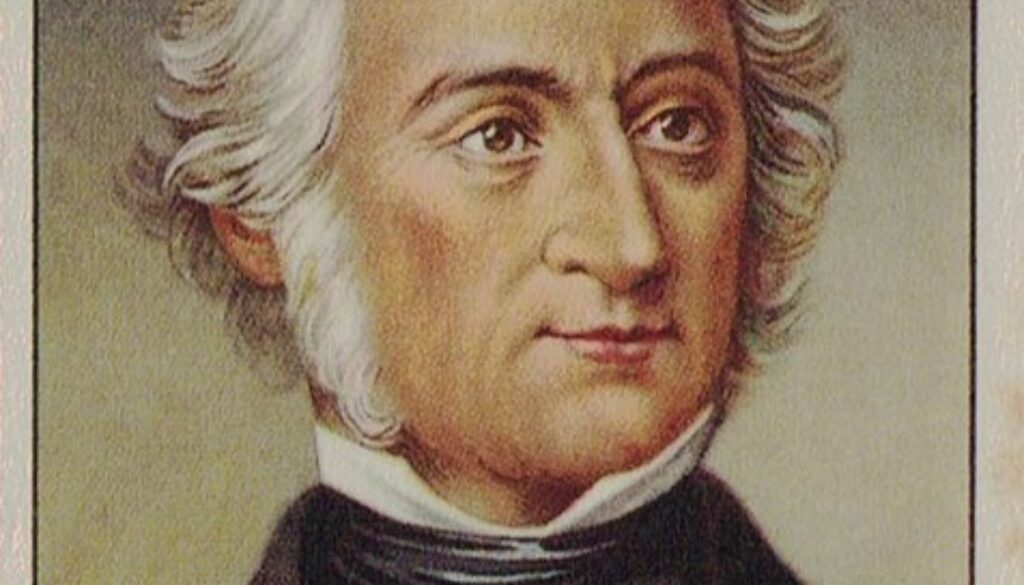Liebig publishes
Leibig publishes on Agriculture
Organic Chemistry in its Application to Agriculture and Physiology (1840) Brilliant thinking and chemistry, but not without a shadow.
… Liebig had given the agricultural concept a turn towards the mineral theory, in fact, towards the very one-sided concept that only a few major elements are needed for plant growth, namely, nitrogen, potassium, and phosphate. The application of these three elements brought about a revolution in farming; an increase of crops was observed. As a consequence, agricultural science and practice still believe today that “this is it.” Many other factors were neglected during the next hundred years as a result of Liebig’s discovery. One can objectively state that it led to the excessive use of soils and brought increases of crops at the expense of other factors in soil, all the other elements, including trace elements, the important biocatalysts, and organic matter. World agriculture, deceived by the NPK theory, demanded more from soils than they could give and a general depletion cycle began. More fertilizer had to be applied in order to maintain the new crop levels until the breakdown of soils set in. “To hold the soil” by all means became the urgent demand. Mankind was living on the capital of soils rather than on what they could offer in a natural way.
